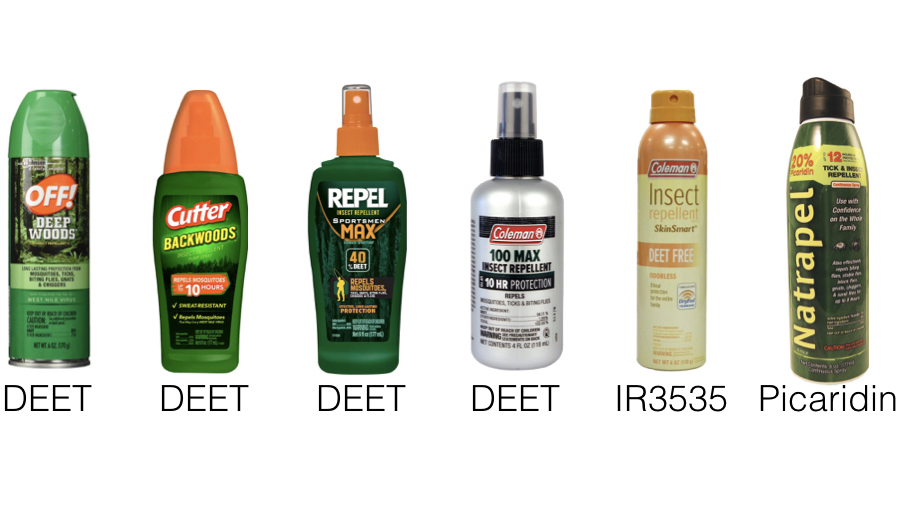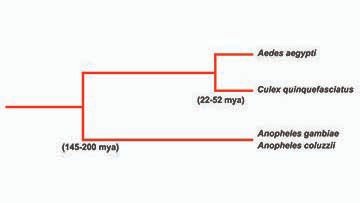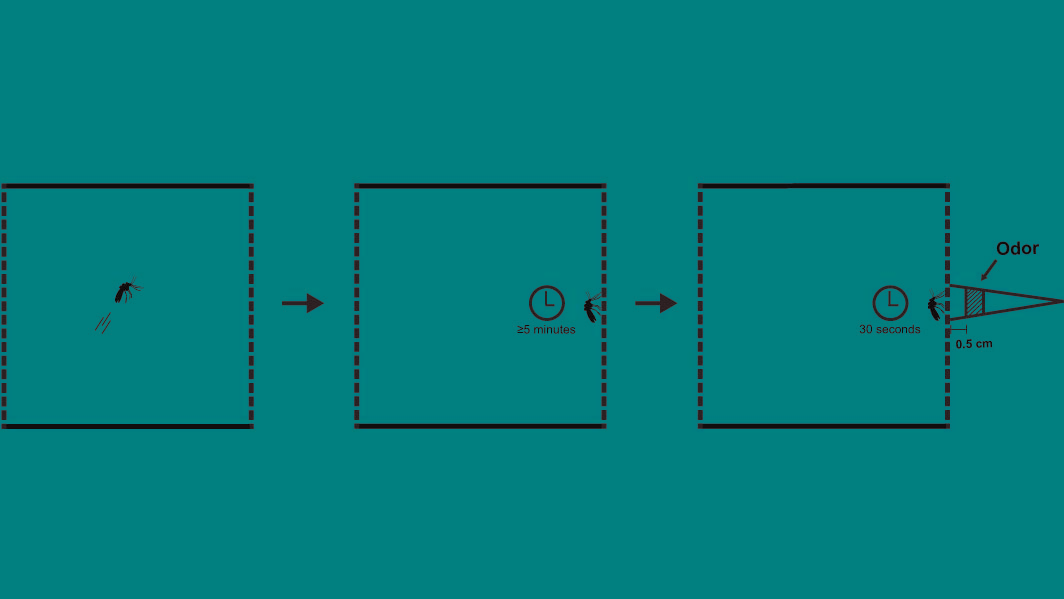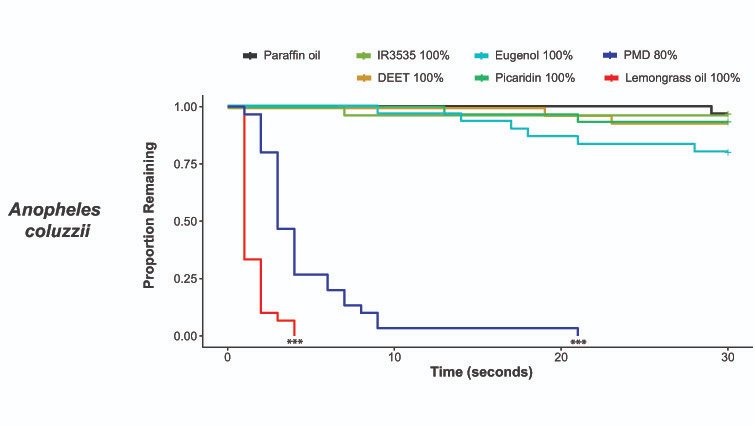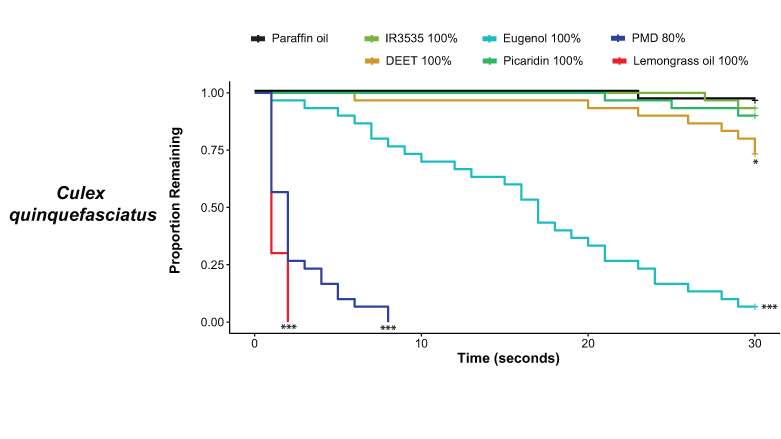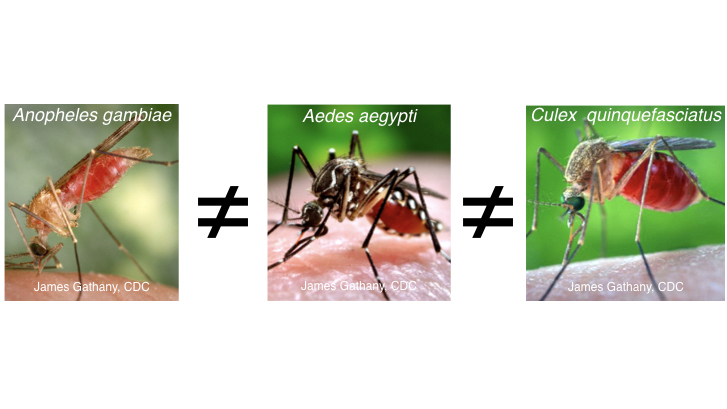I’m excited to announce some good news in these strange times: our work comparing the response of 3 different mosquito species towards mosquito repellents is now out in @MalariaJournal. It’s Open Access, so check it out! I’ll summarize the main findings. https://malariajournal.biomedcentral.com/articles/10.1186/s12936-020-03206-8">https://malariajournal.biomedcentral.com/articles/...
First, this is the work of an amazingly talented Postdoc in the Potter lab: Ali Afify. He performed all the behavioral and imaging experiments. He recently also won a Young Investigator Prize at Hopkins. He’s one to watch!
This story sprouted from our previous work @currentbiology examining olfactory responses to mosquito repellents. Check it out: https://www.cell.com/current-biology/fulltext/S0960-9822(19)31167-4.">https://www.cell.com/current-b... DM me if you need a copy.
You can also find a Twitter Feed summary for our Current Biology paper here: https://twitter.com/flyknows/status/1184846601254141959">https://twitter.com/flyknows/...
When discussing mosquitoes and repellents, there’s often confusion in the field. For example: DEET. We found Anopheles mosquitoes don’t smell DEET nor are repelled by its odor. But reports for Aedes and Culex mosquitoes find the opposite. So what’s going on?
First, let’s consider time. The last common ancestor between Anopheles and Aedes/Culex mosquitoes was around 160 million years ago. Plenty of time for olfactory systems to diverge! (For context, humans and mice shared a common ancestor around 65 mya).
Next, let’s talk behavior. Often different assays are used for each mosquito species to gauge olfactory repulsion. This can cause variability, and sometimes blur the lines between olfactory versus non-olfactory responses.
So we designed a simple olfactory-based close proximity response assay, and tested 3 different mosquito species (Anopheles coluzzii, Aedes aegypti, and Culex quinquefasciatus) using this same assay.
A single female mosquito is placed in a netted cage, and allowed to come to rest on the net wall. We then slowly approach her with a pipette containing odorant, and time how long before she flies away.
In the close proximity response assay, lemongrass oil and PMD caused Anopheles mosquitoes to fly away. DEET, IR3535 and picaridin, like paraffin oil, was largely ignored by the female Anopheles mosquito. Eugenol was weakly repulsive.
Aedes mosquitoes responded differently! Compared to Anopheles, Aedes was indeed repelled by DEET! And repelled by eugenol, but less so by PMD.
Culex mosquitoes also responded differently. Compared to Anopheles, Culex was weakly repelled by DEET, and modestly repelled by eugenol. No mosquito species was repelled by IR3535 or picaridin.
So this means that DEET is indeed an odor repellent to Aedes and Culex mosquitoes, as found previously. And likely odorant receptors in Aedes and Culex can be strongly activated by DEET smells. Just not so much for Anopheles.
Part of the confusion has been trying to ascribe the response of one mosquito species to all mosquito species. But as you can see, each mosquito species responds differently to odors. This is not surprising as each likely has odor receptors with different response properties.
The paper also contains other interesting findings: we can predict Anopheles behavioral responses by monitoring the activity of its antennal olfactory neurons. A first step in our goal to link repellents to odorant receptors and olfactory neurons, and ultimately to behaviors.
Thanks for reading! Don’t forget to download our paper @malariajournal! https://malariajournal.biomedcentral.com/articles/10.1186/s12936-020-03206-8">https://malariajournal.biomedcentral.com/articles/...

 Read on Twitter
Read on Twitter
